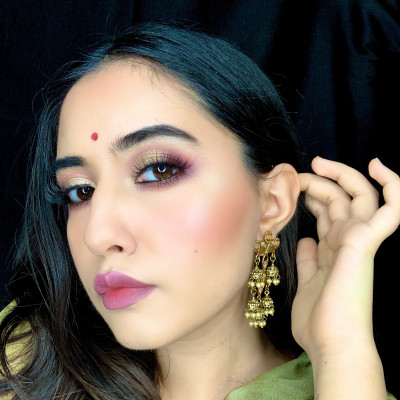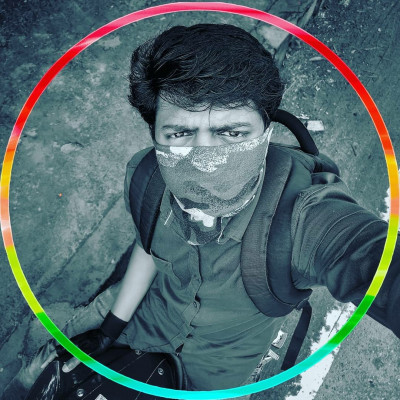
Depression
Depression is a mood disorder that causes a persistent feeling of sadness and loss of interest. Also called major depressive disorder or clinical depression, it affects how you feel, think and behave and can lead to a variety of emotional and physical problems. You may have trouble doing normal day-to-day activities, and sometimes you may feel as if life isn't worth living. More than just a bout of the blues, depression isn't a weakness and you can't simply "snap out" of it. Depression may require long-term treatment. But don't get discouraged. Most people with depression feel better with medication, psychotherapy or both. Symptoms Although depression may occur only once during your life, people typically have multiple episodes. During these episodes, symptoms occur most of the day, nearly every day and may include: Feelings of sadness, tearfulness, emptiness or hopelessness Angry outbursts, irritability or frustration, even over small matters Loss of interest or pleasure in most or all normal activities, such as sex, hobbies or sports Sleep disturbances, including insomnia or sleeping too much Tiredness and lack of energy, so even small tasks take extra effort Reduced appetite and weight loss or increased cravings for food and weight gain Anxiety, agitation or restlessness Slowed thinking, speaking or body movements Feelings of worthlessness or guilt, fixating on past failures or self-blame Trouble thinking, concentrating, making decisions and remembering things Frequent or recurrent thoughts of death, suicidal thoughts, suicide attempts or suicide Unexplained physical problems, such as back pain or headaches For many people with depression, symptoms usually are severe enough to cause noticeable problems in day-to-day activities, such as work, school, social activities or relationships with others. Some people may feel generally miserable or unhappy without really knowing why.




















